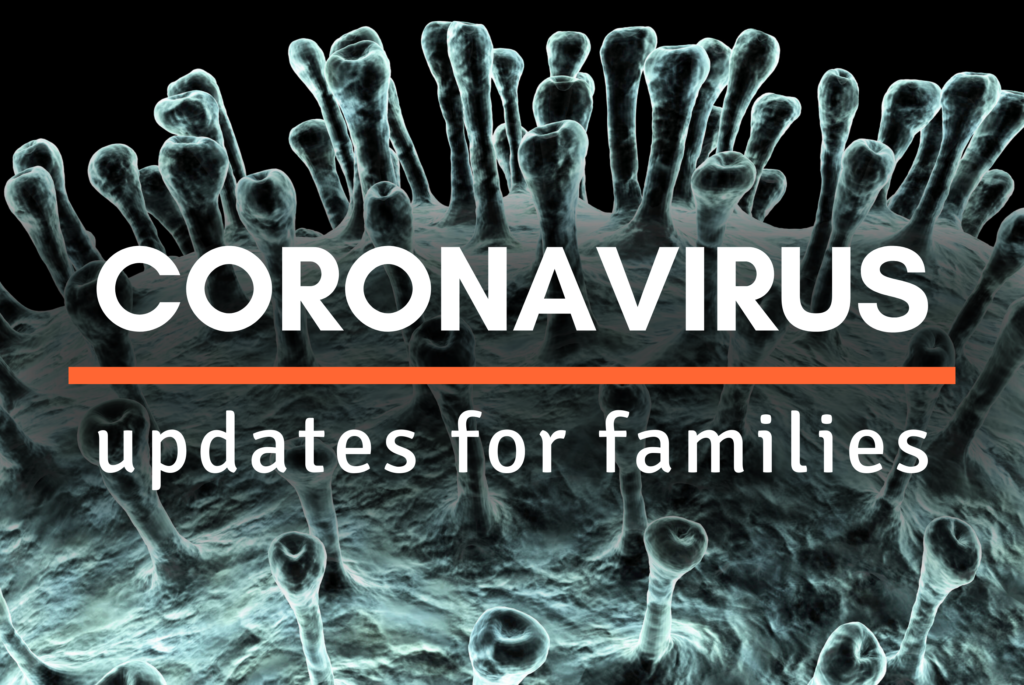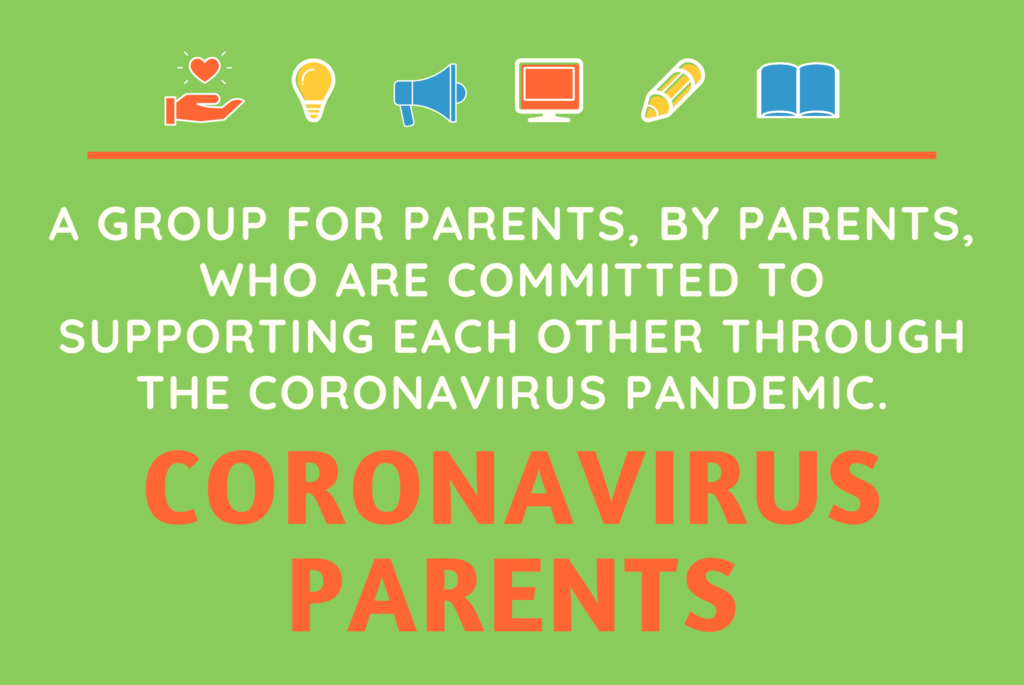Worried about your kids getting the novel coronavirus? For parents feeling nervous as the virus spreads across the U.S., there’s at least a bit of good news: Children infected with the COVID-19 virus seem to get only mildly ill.
However, keeping kids healthy is an important way to stop the virus from spreading in our families and communities.
What do we know so far about how the virus affects children?
COVID-19 is a new virus, so there’s a lot we’re still learning. But so far, we know that when children—and even infants—get it, the symptoms tend to be milder than in adults.
Children with COVID-19 in China have shown symptoms like runny noses and coughs. Less than half of the kids had fevers; at least one child is reported to have had vomiting and diarrhea. Fortunately, most children with the illness have recovered within one to two weeks.
Have many children been infected?
There is no way to know exactly how many children have been infected. Given how mild the symptoms are in children, many cases go unreported. But, the proportion of children is quite low; for example, of the more than 44,000 confirmed cases in a recent count from China, less than 1 percent were nine years or younger. Even more reassuring for parents—in this study, no child under 9 died from COVID-19.
Do we know why children are affected less?
Recent data from Shenzhen, China, proves that children are actually just as likely as adults to be infected with the virus that causes COVID-19. In other words, kids are just as likely to have the virus present in their system when tested for it. However, for some reason, children’s bodies have a much less serious reaction to the infection.
Vanessa Raabe, M.D., who specializes in pediatric and adult infectious diseases at New York University Langone Medical Center in New York City, thinks that the discrepancy between how kids and adults react could be explained by the fact that people’s immune systems weaken as they age. “We’ve seen similar patterns for other diseases—chickenpox, for example,” she said. “Adults who get it tend to get much more severe cases than children.”
So why does it matter if kids get infected?
Ok—so it’s good news that kids fare well, even when infected with the COVID-19 virus. So why is everyone talking about closing schools?
Well, when children have the virus, even if they have very mild symptoms or no symptoms, they can still spread it to others. A case in Singapore showed that a healthy-seeming baby (whose parents were hospitalized for the disease) was carrying large amounts of the novel coronavirus in his throat, blood, and stool.
Scientists still aren’t sure exactly how big a role kids play in spreading the virus that causes COVID-19. But since kids are susceptible to getting the infection, school closures could be an effective early intervention to help prevent further spread in communities.
So as much as parents dread the idea of school closures, it could be a vital approach to protecting more vulnerable community members such as the elderly and those with existing chronic conditions.
What can families do?
By now, most families know the drill. According the Centers for Disease Control and Prevention (CDC), kids and families should focus on stopping the spread of germ; that means frequent handwashing, staying home when sick (or when advised to do so by local officials), and avoiding close contact with sick people.
For parents with younger kids it can be a challenge, but parents are urged to get all family members who can to cough or sneeze into a tissue or the crook of their elbow, then throw the tissue away and wash their hands.
What should I do if I think my child might be sick?
If your child has been exposed to someone who was ill with COVID-19 or someone who has traveled to an area of the world with high transmission rates, call your pediatrician. Your pediatrician will look for symptoms such as fever, cough, and shortness of breath, as well as their possible exposure history to this and other illnesses, to determine whether testing for the novel coronavirus is necessary.
If you live in an area where there have been recent confirmed cases of the coronavirus, look for local health, school, and government officials’ guidelines to follow.
But if your kid develops a sniffle and you don’t have reason to believe your child has been exposed to COVID-19, then treat symptoms as you would any other illness. In other words, definitely call a doctor if symptoms seem severe or appear to worsen, or if you feel concerned. And as always, if your kid has a fever or any other risky or troublesome symptoms, keep them home from school or daycare.

For ongoing updates on coronavirus-related issues and questions that impact children and families, please find additional resources here.

Dealing with school closures, childcare issues, or other challenges related to coronavirus? Find support, advice, activities to keep kids entertained, learning opportunities and more in our Coronavirus Parents: Parenting in a Pandemic Facebook Group.







